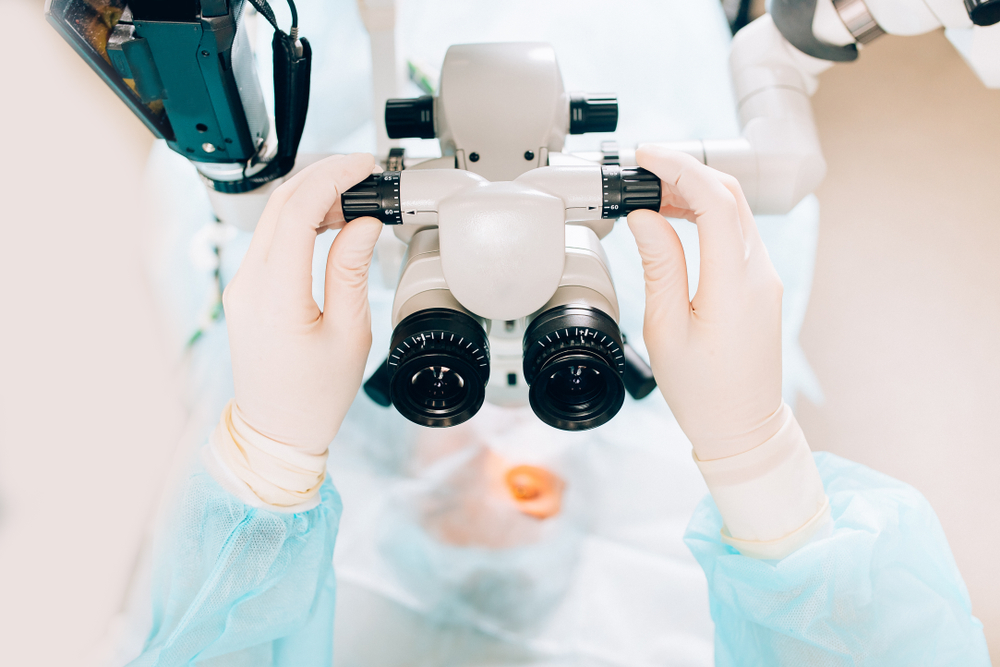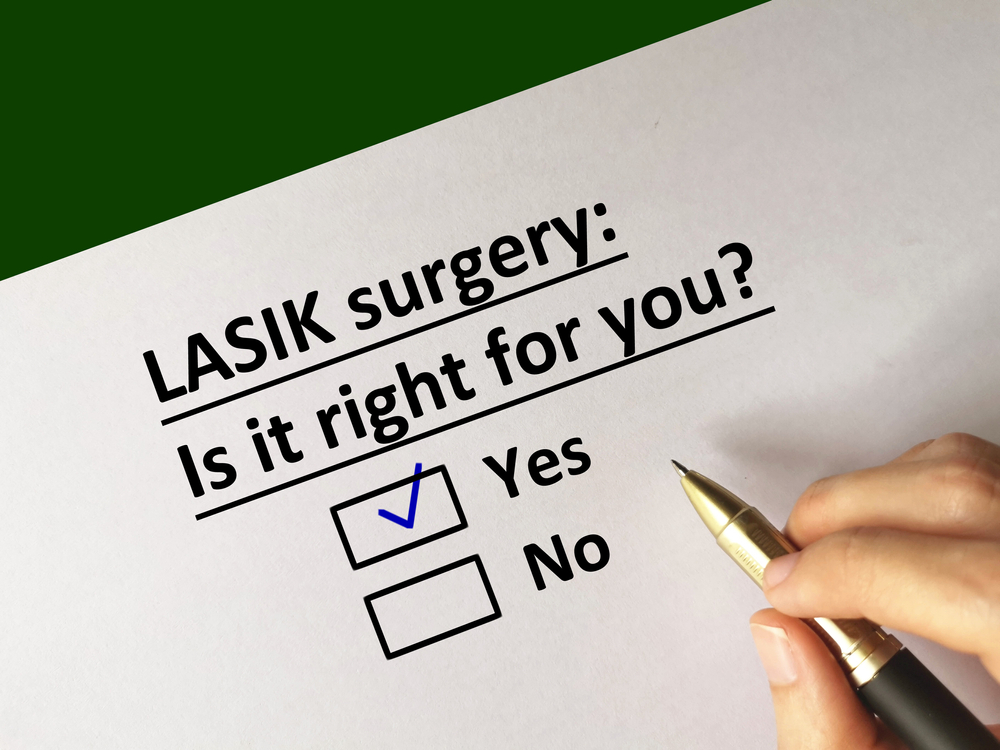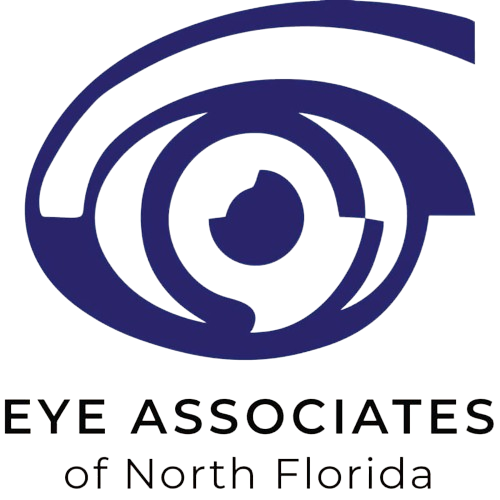Is LASIK Safe?

LASIK eye surgery has become an increasingly popular option for people looking to reduce their dependency on glasses or contacts. Like any surgery, LASIK does come with potential risks and side effects that vary from patient to patient.
Keep reading to find out if LASIK is safe!
What Is LASIK?

LASIK is an abbreviation for “laser-assisted in situ keratomileusis.” It is a form of eye surgery that can permanently correct nearsightedness, farsightedness, and astigmatism.
It accomplishes this by using advanced laser technology to alter the shape of the cornea. The cornea is the see-through structure at the front of the eye that is curved like a dome.
It covers the iris and pupil. Every structure in the eye plays a specific role, and part of the cornea’s function is to help focus light.
Its round shape is instrumental in this ability. When the curvature of the cornea is less than perfect, or if the eye is too short or too long, it can make your vision blurry. This is called a refractive error.
A refractive error is your eye’s inability to bend or refract light onto the retina to create focused images. Nearsightedness, farsightedness, and astigmatism are all refractive errors.
By reshaping the cornea, LASIK can get rid of a refractive error, so you no longer have to rely on glasses or contacts at all or as often.
What Happens During LASIK?
At Eye Associates of Tallahassee, we are proud to offer three different types of LASIK: iLASIK, Intralase LASIK, and blade-free LASIK. While the general process is similar, the exact steps of the procedure depend on the type of LASIK being performed.

State-of-the-art technology is used to customize your procedure. With iDesign, your doctor can create a custom, detailed map of your eye, the product of over 1,200 unique measurements.
This is then used to guide the laser to perform the procedure with the utmost precision. Regardless of the type of LASIK you choose, before your procedure, you will first be given drops to numb your eyes.
This ensures that you are comfortable during the procedure. During LASIK, your LASIK surgeon will create a thin flap on the surface of the cornea.
Then an excimer laser is then used to reshape the cornea, effectively correcting the refractive error. Once that is done, the corneal flap is positioned back in place so it can begin healing.
The entire procedure typically takes less than a half hour, and you will be able to go home the same day.
Is LASIK a Safe Procedure?
Of any elective procedure, LASIK is considered one of the safest. Since it was approved by the FDA more than two decades ago, over twenty million LASIK procedures have been performed.
While any procedure comes with risks, LASIK has a very low complication rate. When you get LASIK, you benefit from the latest technological advancements.

Addtionally, when you get LASIK at Eye Associates of Tallahassee, you also benefit from years of surgical expertise. Due to the custom, bladeless nature of modern LASIK, safety and effectiveness go hand in hand.
The more precise the procedure, the safer it is, and the better the outcome. LASIK has one of the highest satisfaction rates you will find of any procedure.
More than ninety-five percent of patients are happy with their results. Mild side effects after LASIK, such as dryness and blurriness, are normal.
These side effects usually clear up quickly, and the recovery period is short. Most people can get back to their normal routine within a week or two.
How Do I Know If I Am a Good Candidate for LASIK?
If you are nearsighted, farsighted, or have astigmatism and would like to have less dependence on visual aids, then LASIK may be the answer you are looking for. Some basic candidacy factors ensure the procedure can be performed safely and effectively.

First, you should be at least eighteen years or older and have a stable prescription. An unstable or recently changed prescription can affect the permanence of your results.
Good candidates for LASIK are generally healthy. If you have chronic dry eye that is not yet under control, LASIK may not be the best option for you for the time being.
If you are pregnant or nursing, your eye doctor will likely tell you it’s best to wait until after you have stopped nursing to consider LASIK.
In order for the corneal flap to be created safely, your corneas must be of a certain thickness. Your eye doctor will measure your corneas to check that they are adequate for the procedure.
If you are interested in LASIK and want to find out whether you are a good candidate, schedule a consultation. Your eye doctor will carefully review your needs and goals and discuss your ideal vision correction options.
Would you like to see whether LASIK is right for you? Schedule an appointment at Eye Associates of Tallahassee in Tallahassee, FL, today!







